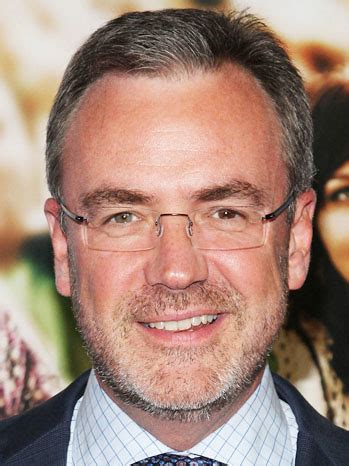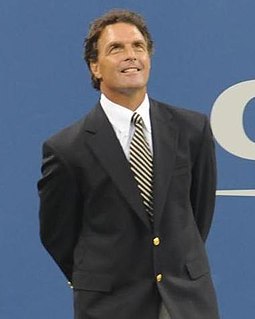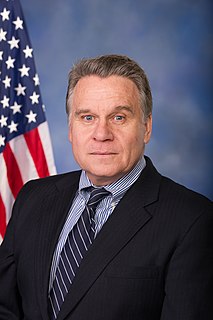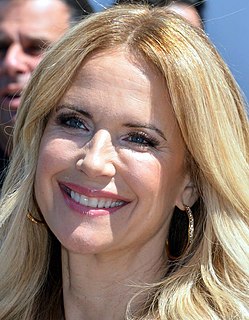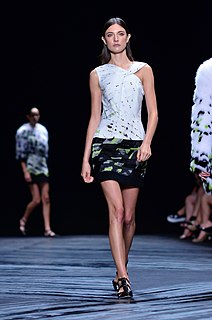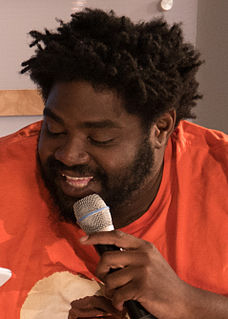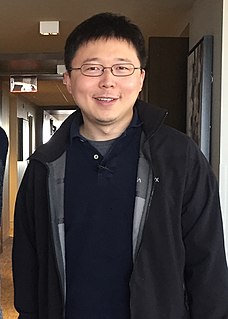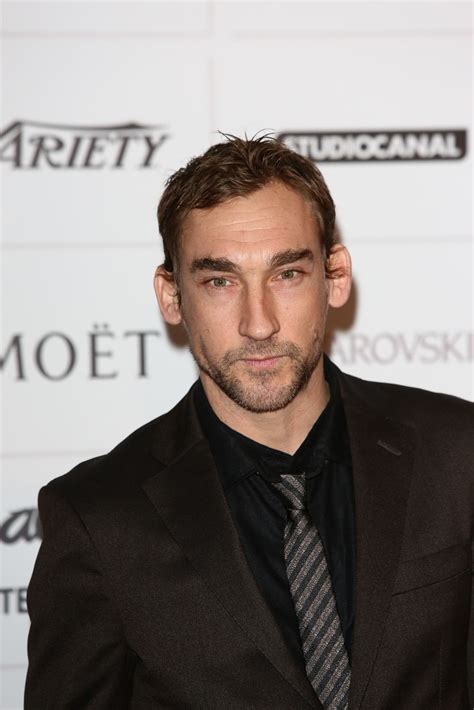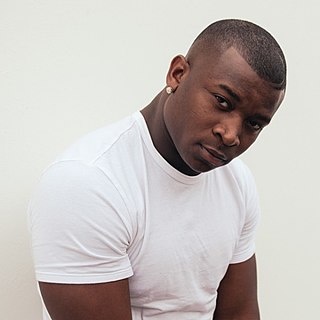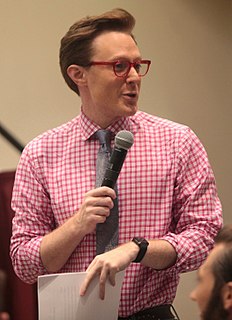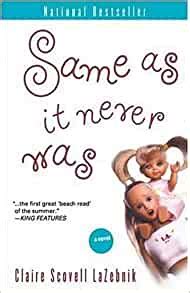Top 295 Autism Quotes & Sayings - Page 4
Explore popular Autism quotes.
Last updated on April 17, 2025.
There are still so many unanswered questions about what causes autism and other developmental disorders on the spectrum. So it is vital that we continue to research and educate ourselves in the hopes that we may begin to understand the challenges that these children and their families continue to face with each passing day.
When you've grown up always knowing that there's something that seemed to be different about you from most people - and not being able to understand until my mid-forties that what we were talking about here was autism - I've had to learn an awful let about myself and what I can and can't do and what I can or can't cope with.
